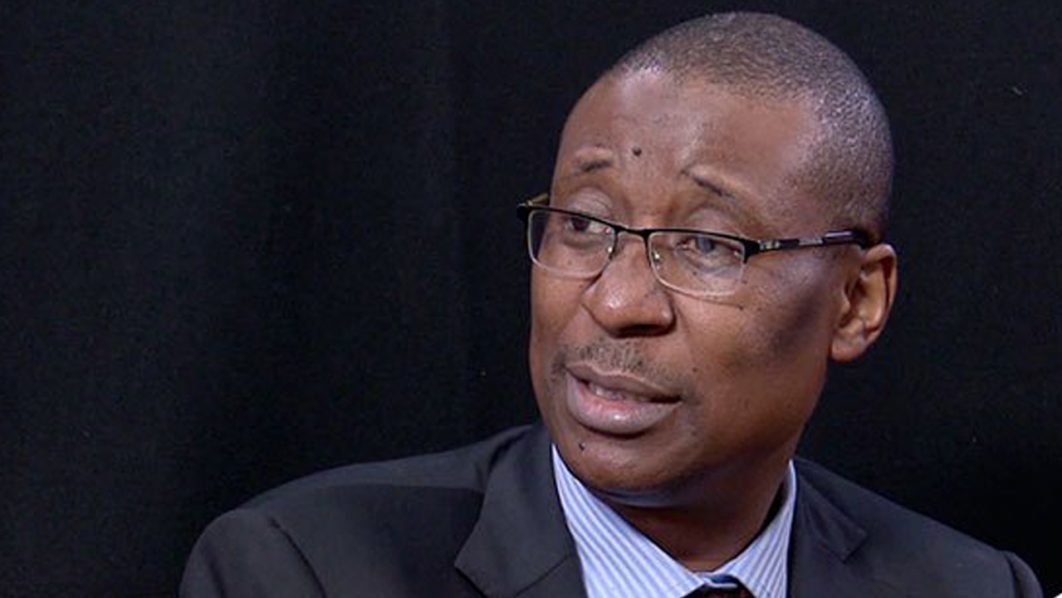- Enelamah Claims Nigeria Recorded over $20bn Investment Inflows in One Year
In a remark certain to befuddle Nigerians, the federal government claimed at the weekend that the country recorded over $20 billion investment inflows in the last one year, adding that such inflows came by way of infrastructure financing, transactions between local private sector players and their offshore counterparts, as well as sundry commitments, among others.
This is coming amid moves by the international oil companies (IOCs) to attract huge offshore funds to boost operational capacity.
The Minister of Trade, Industry and Investment, Dr. Okechukwu Enelamah, who made the disclosure in an interview weekend, listed investment inflows in the past 12 months as those from the China Eximbank, General Electric (GE), Kellogs, Coca Cola, and Chi Company, among others.
Ironically, the so-called investment inflows have not been evident in an economy reeling from a severe foreign exchange shortage, rising unemployment and spiralling inflation.
“Yes, people are surprised about how big investment inflows are because they have come in large chunks. But let me tell you that we have gotten a total of well over $20 billion,” he said.
He stated that the major infrastructure projects were part of the investment inflows, adding that what people see as investment inflows are “not just the money physically”, but also the commitments that have come.
He added: “If you look at the infrastructure projects that we are doing, there is a $20 billion or more infrastructure projects with the China Eximbank. It has been signed and it’s now implemented around railways and related infrastructure.
“There is an agreement with General Electric, which is about $2 billion which they have committed in the last one year. There are private sector investments such as Chellarams, which sold a major part of their business to Kellogs of the United States. That deal was may be about $400 million.
“There was a deal that was done by Chi with Coca Cola. That deal also ran into hundreds of millions of dollars. BUA also sold something (its flour mills unit) to an international player (Olam International of Singapore) for a substantial sum.
“However, we want to increase the steady inflow of foreign direct investment across all levels because there are many more people waiting on the sidelines, apart from the big people who are doing multi-year infrastructure projects.”
The minister recalled that the Nigerian Investment Promotion Council (NIPC) had “just appointed a new hand for the private sector”, adding that “as a government, we want to partner with the private sector”.
According to him, the government doesn’t have all the money it needs to develop the country, and it is therefore willing and committed to partnering with the private sector players and development capital to develop the country by making sure such capital goes into the right places.
“I think you will find that in investment, things are picking up even in terms of statistics. There is a significant uptick in investment, even though some of it has to do with fixed income investment. But it’s still capital that we need.
“Another thing I want to say regarding investment is that the oil companies have reached an agreement that is now being finalised to bring in more money into the oil and gas sector.
“You will hear more about it from next week (this week). We are just going through the process. You know oil; everybody has a stake in it… There was a meeting with the National Economic Council and other stakeholders will be briefed but it’s a very important programme to bring in billions of dollars into the country.
“They say you need oil to get out of oil and this will improve the oil sector significantly,” Enelamah said.
On what his ministry is doing to diversify the economy vis-a-vis trade and investment, the minister said the ministry was more of an enabler trying to put in place the requisite environment for businesses to thrive.
“The Ministry of Trade and Investment has a particularly important role to play because we view ourselves as a key enabler to those that are in industry, trade and investment.
“Permit me to explain what I mean by being a key enabler. I think all those issues that people have with doing business, whether it takes too long, whether people are trying to give them a hard time, I think we have a particular responsibility as a ministry to make it easy for them to understand and make sure government is listening to them.
“The good news is that this is what is shared by the entire government, right from the president. That was why the president launched the Presidential Enabling Business Council. That’s why it is chaired by the vice-president,” the minister stated.
He added that the ministry was also working on the Nigerian Industrial Revolution Plan as a key programme of government that would help to diversify the economy away from oil, and tilt more towards agriculture and agro processing.


 Billionaire Watch3 weeks ago
Billionaire Watch3 weeks ago
 Startups4 weeks ago
Startups4 weeks ago
 News4 weeks ago
News4 weeks ago
 News4 weeks ago
News4 weeks ago
 Bitcoin4 weeks ago
Bitcoin4 weeks ago
 Naira4 weeks ago
Naira4 weeks ago
 Forex3 weeks ago
Forex3 weeks ago
 Treasury Bills4 weeks ago
Treasury Bills4 weeks ago























